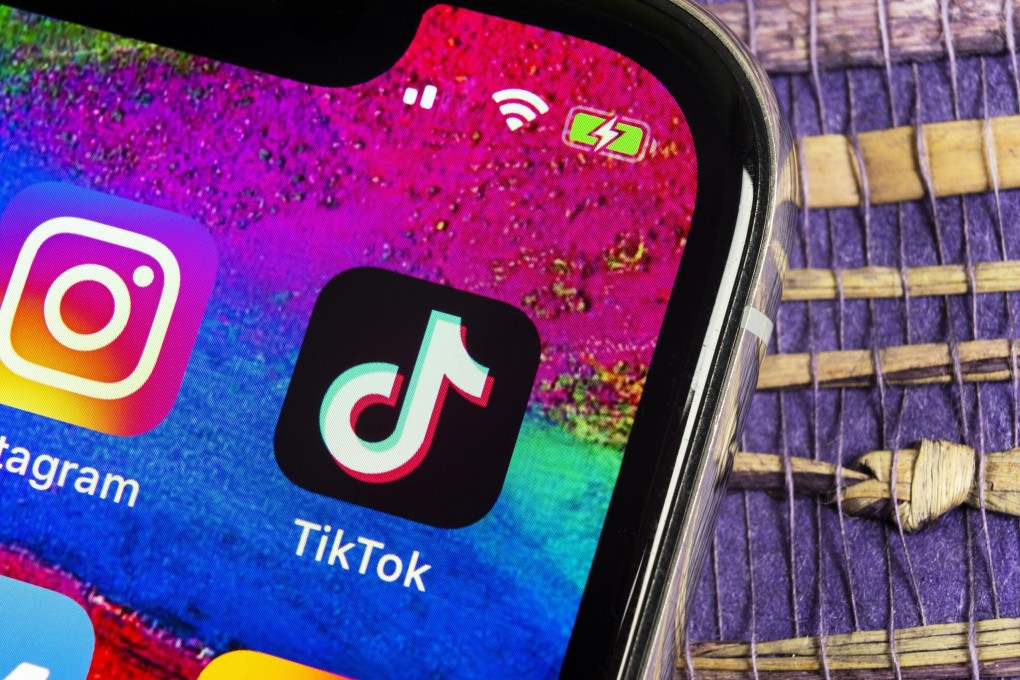Facing Trump ban, China’s TikTok embeds itself into US culture
- Creators say they haven’t been asked to make public statements in support of the app, but it comes naturally to some

James Henry, known for slapstick comedy and dance videos on TikTok, got an email last fall from the app’s creator relationships team. Would he be interested in joining Mariah Carey to film something for TikTok to promote her holiday song, “All I Want For Christmas is You”?
Henry jumped at the chance. Soon he was filming from a mansion in West Hollywood, star-struck. Sony Music Entertainment, Carey’s record label, compensated him for his time. But there was something valuable for TikTok in the deal, too: loyalty. “It really makes me grateful,” Henry said. “It gives me the feeling that I would want to stick with this app.”
TikTok, the app with an uncertain future owned by China’s ByteDance, has been building a vocal contingent of young supporters in the US, working behind the scenes to turn creators into superstars, arming them with brand deals and introductions to Hollywood power brokers.
The effort builds on what Instagram and Vine have done to build relationships with digital influencers in the past. And TikTok has just begun spending hundreds of millions of dollars to help its stars make a living – a step that Facebook’s Instagram has been historically unwilling to take.
The effort has given TikTok growing influence over American culture, which is not an accident, says Brett Bruen, who served as the White House director of global engagement in the Obama administration.
He believes China and ByteDance are playing the long game. “It’s all a localisation strategy, which allows you to not only achieve relevance but respect,” he said. “The most effective advocates for your company and for policy decisions are those local influencers and local partners.”